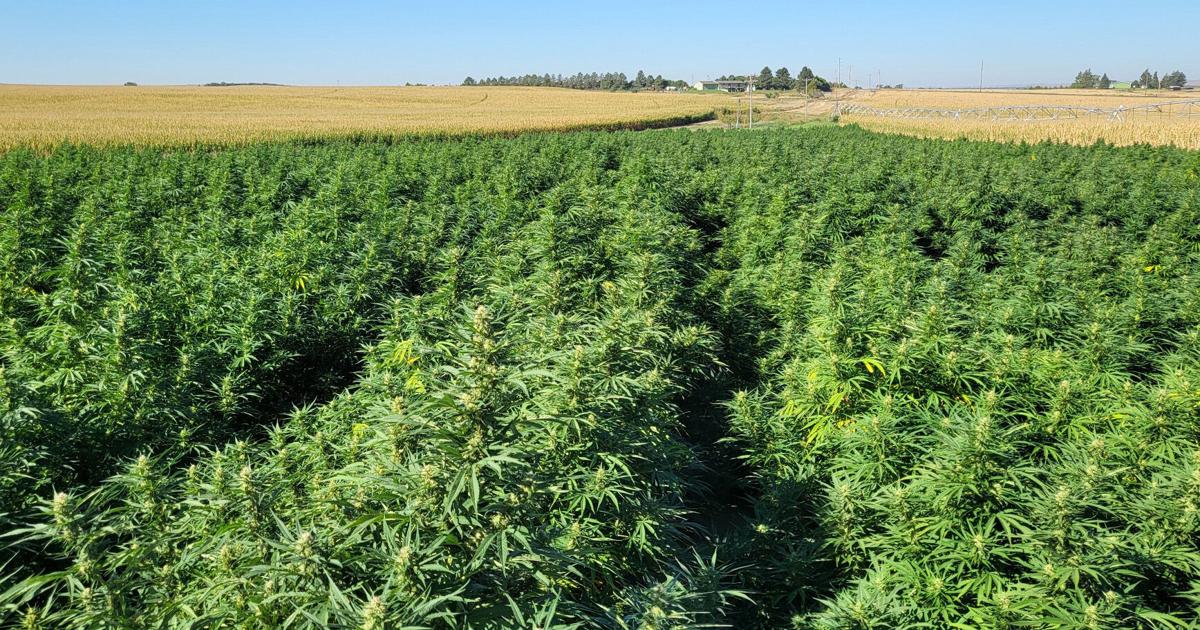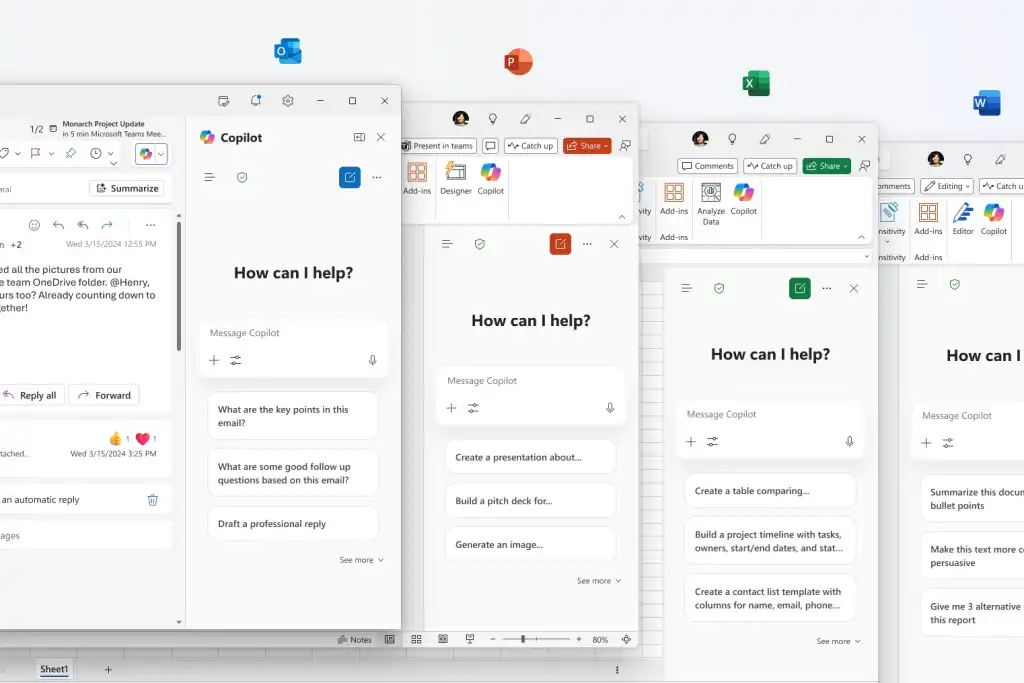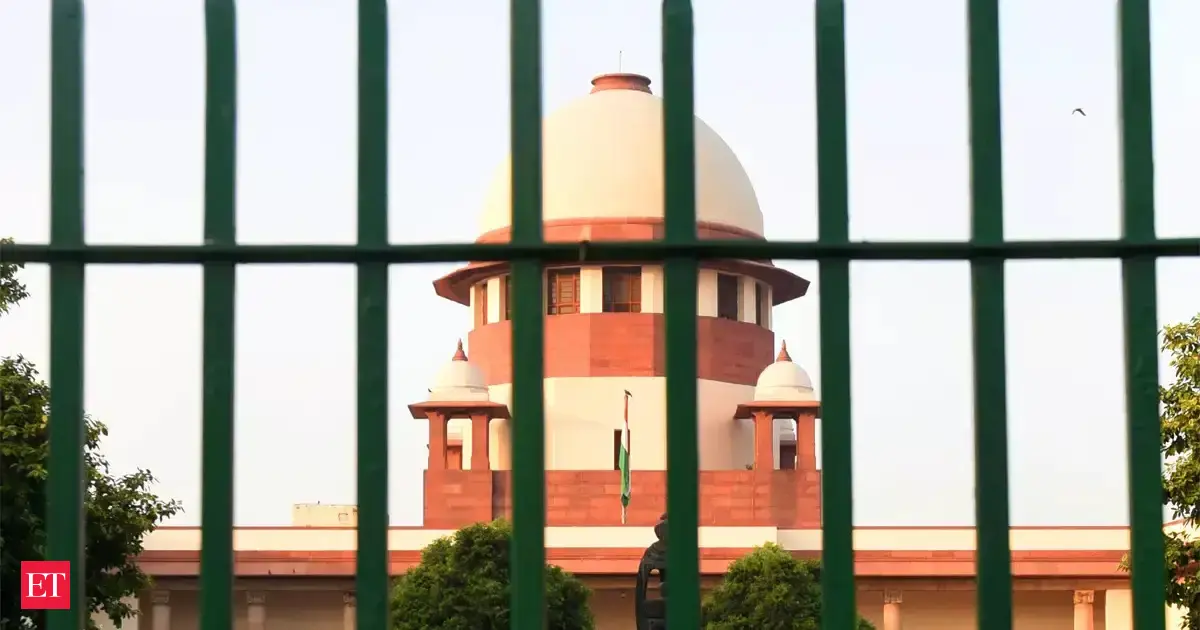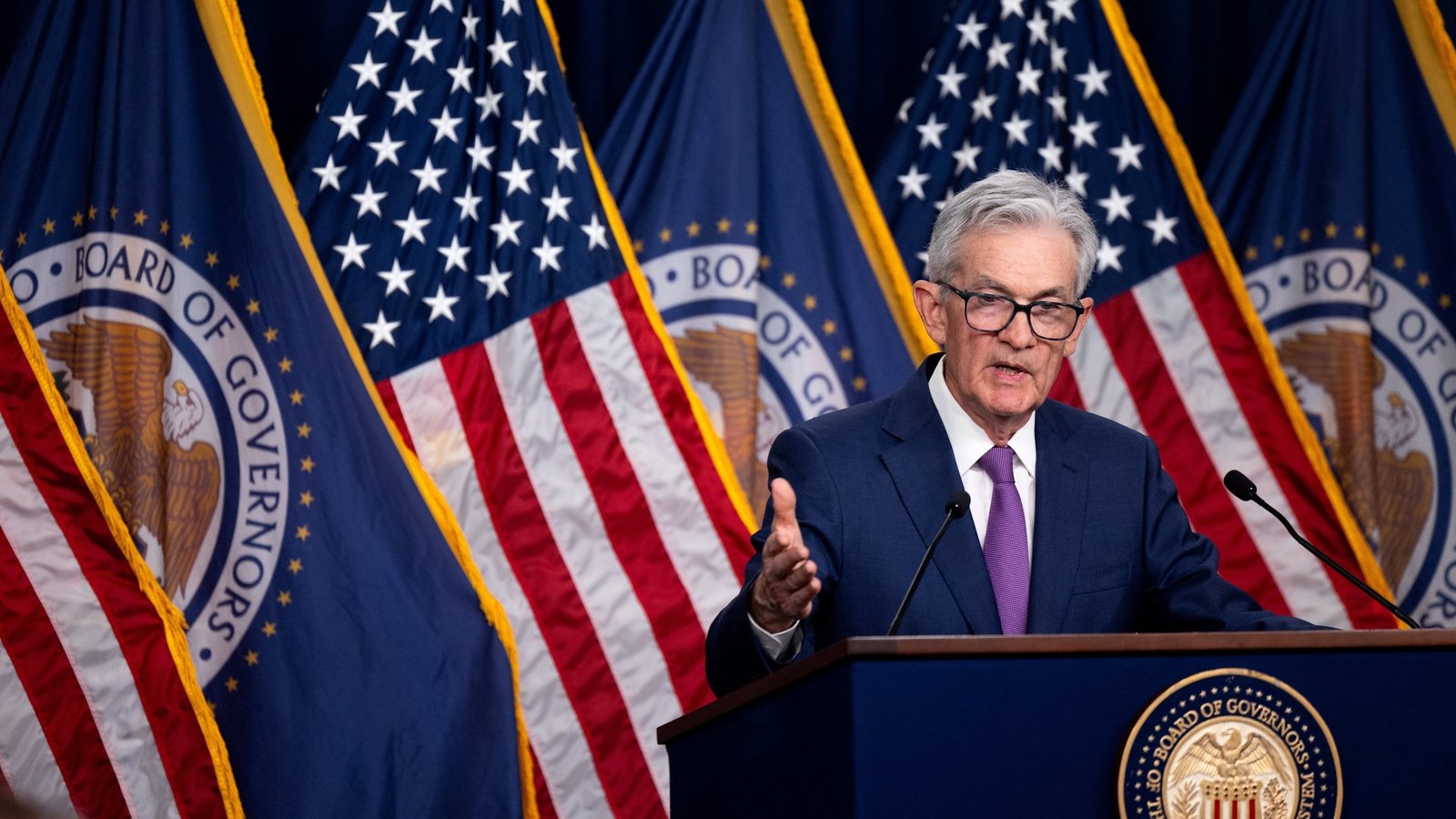
The Nebraska Medical Cannabis Commission voted to limit the state to four cultivators of medical cannabis — it received well over that number of applications by a Tuesday deadline, according to commissioner Bruce Bailey.
Bailey would not say in a Wednesday phone call exactly how many applications were received. The commission meets Tuesday and it must start approving successful applications the next day, per regulations that voters approved in November when they also legalized medical cannabis.
He said the process will be merit-based, with the commission using a matrix to score applications out of 100. There is also a lottery system ready to use if there are more successful applications than licenses available.
Nebraskans for Medical Marijuana backed that ballot initiative and have said the regulations from the commission violate what the people voted for, establishing barriers rather than access. By placing low limits on factors ranging from the number of cultivators to the methods that patients can use to take their medicine, the advocacy organization has said the state seems to be setting up the system to fail.
One hopeful cultivator who submitted an application to the commission said he has concerns about rules, but ultimately, he’s glad to make any progress toward establishing the medical cannabis program.
“I’m excited to do something, and we can always make the industry better as it moves forward and we learn from it,” Dustin Krajewski, whose family owns and operates a hemp farm in Ogallala, said. He’s confident in his application and experience growing the cannabis plant, but wary of the possibility of not being selected because of the small number of licenses.
Bailey was the lone member of the commission to push for more licenses. At a Sept. 2 meeting, an initial proposal recommended three licenses for cultivators. Bailey said there should be more, suggesting six at minimum. After an executive session aside from the public meeting, the commissioners came back with a proposal for four licenses that they approved unanimously.
Gov. Jim Pillen didn’t approve the regulations, forcing the commission to reconvene a week later and develop a limit on the number of plants a cultivator could have. Bailey led the conversation to set a limit of 1,250 flowering plants per cultivator. Pillen approved their revised proposal.
The commissioners expect cultivators to have two grows per year, resulting in a harvest from 10,000 plants. They said other states attempt to have one plant per two patients. They expect about 20,000, or 1% of Nebraskans, to be medical cannabis cardholders.
Bailey said he was excited for the progress and to be closer to delivering medical cannabis to patients, emphasizing that voters supported medicine, not recreation. Once licenses are approved, he said the commission can focus on the rest of the regulations.
Krajewski said his hemp operation has him ready to start growing for the medical cannabis program almost immediately if he gets a license — it’s just a matter of extracting tetrahydrocannabinol (THC) versus cannabidiol (CBD).
He anticipated far more than four potential cultivators would submit applications, but the number with the infrastructure in place and experience with the plant is much smaller. He estimated that just a handful of farmers are still growing hemp in Nebraska.
Krajewski said cannabis plants are high-maintenance, requiring workers to strip leaves and flowers by hand. Growing cannabis is essentially an organic process, he said, meaning no pesticides or herbicides, and an operation needs equipment to dry out or freeze harvests.
“There’s a lot of stuff that you don’t do in the normal farming, so it takes years to figure out a good system,” Krajewski said.
Krajewski noted hemp regulations are not nearly as strict — NE-CO received its hemp license in 2020, becoming the 17th operation in the state. He would be disappointed not to be picked for medical cannabis, but with the limit on the number of plants, it wouldn’t make or break his business, which has about 6,000 hemp plants.
Krajewski said other states have had too much product, tanking the market and putting people out of business. The number of plants allowed in Nebraska, however, might not produce enough to meet the needs of patients. He felt farmers should have more input on the number of plants and that there should be flexibility based on the number of patients once they can start getting cards for the medicine.
“I can live with some level of limitation as we’re getting this off the ground. It’s all about just making sure that we can still service the communities and the citizens who actually want to participate in (the program) and need the medicine,” Krajewski said.
Get Government & Politics updates in your inbox!
Stay up-to-date on the latest in local and national government and political topics with our newsletter.
* I understand and agree that registration on or use of this site constitutes agreement to its user agreement and privacy policy.
Josh Reyes
Get email notifications on {{subject}} daily!
Your notification has been saved.
There was a problem saving your notification.
{{description}}
Email notifications are only sent once a day, and only if there are new matching items.
Followed notifications
Please log in to use this feature
Log In
Don’t have an account? Sign Up Today



